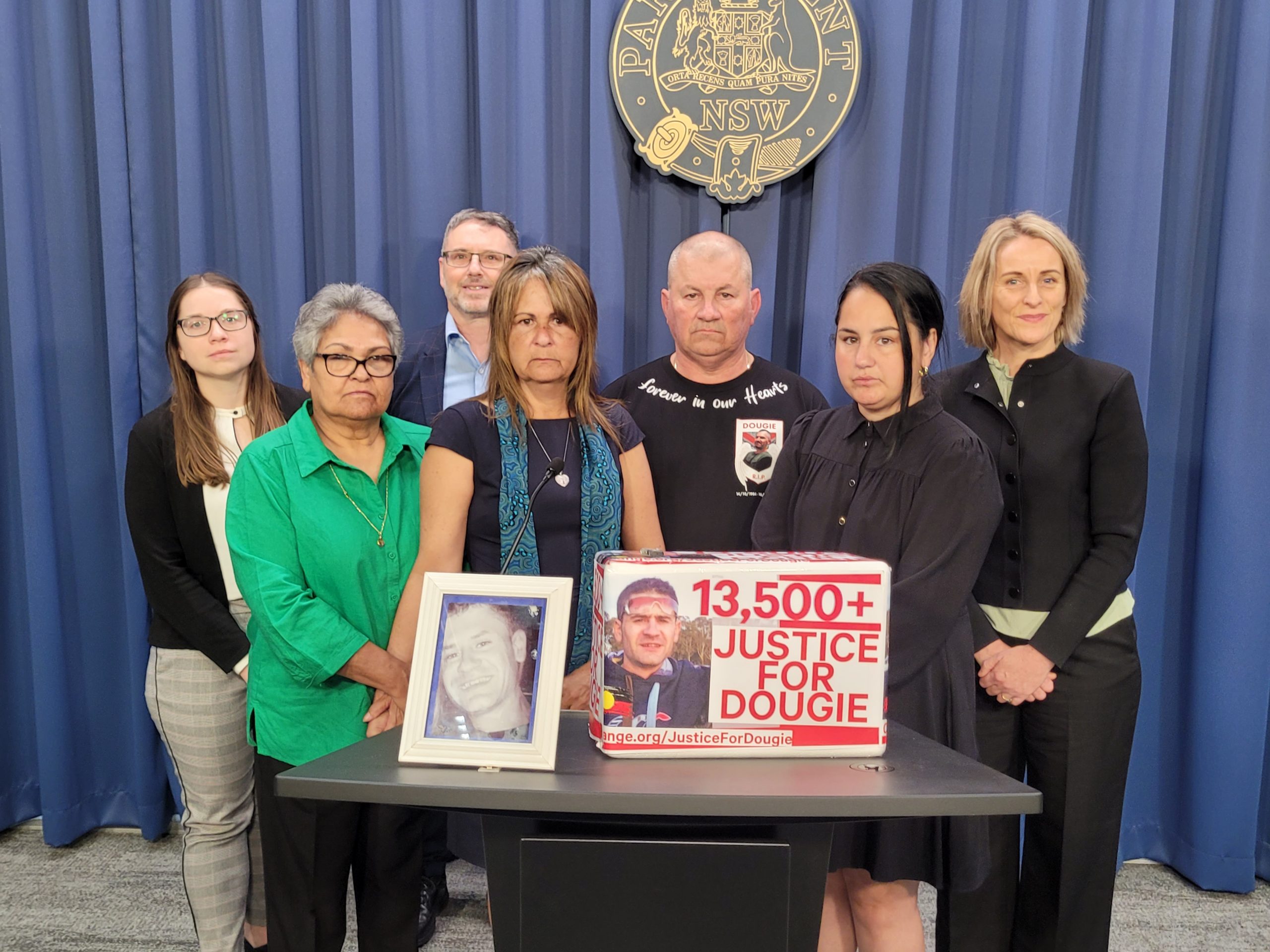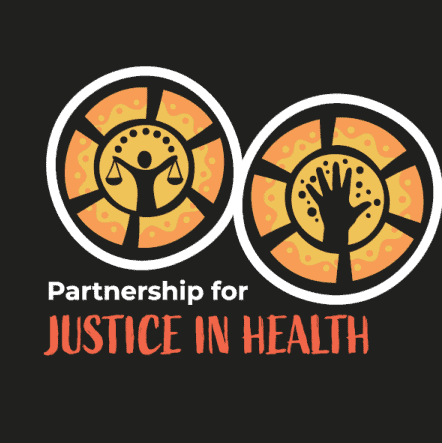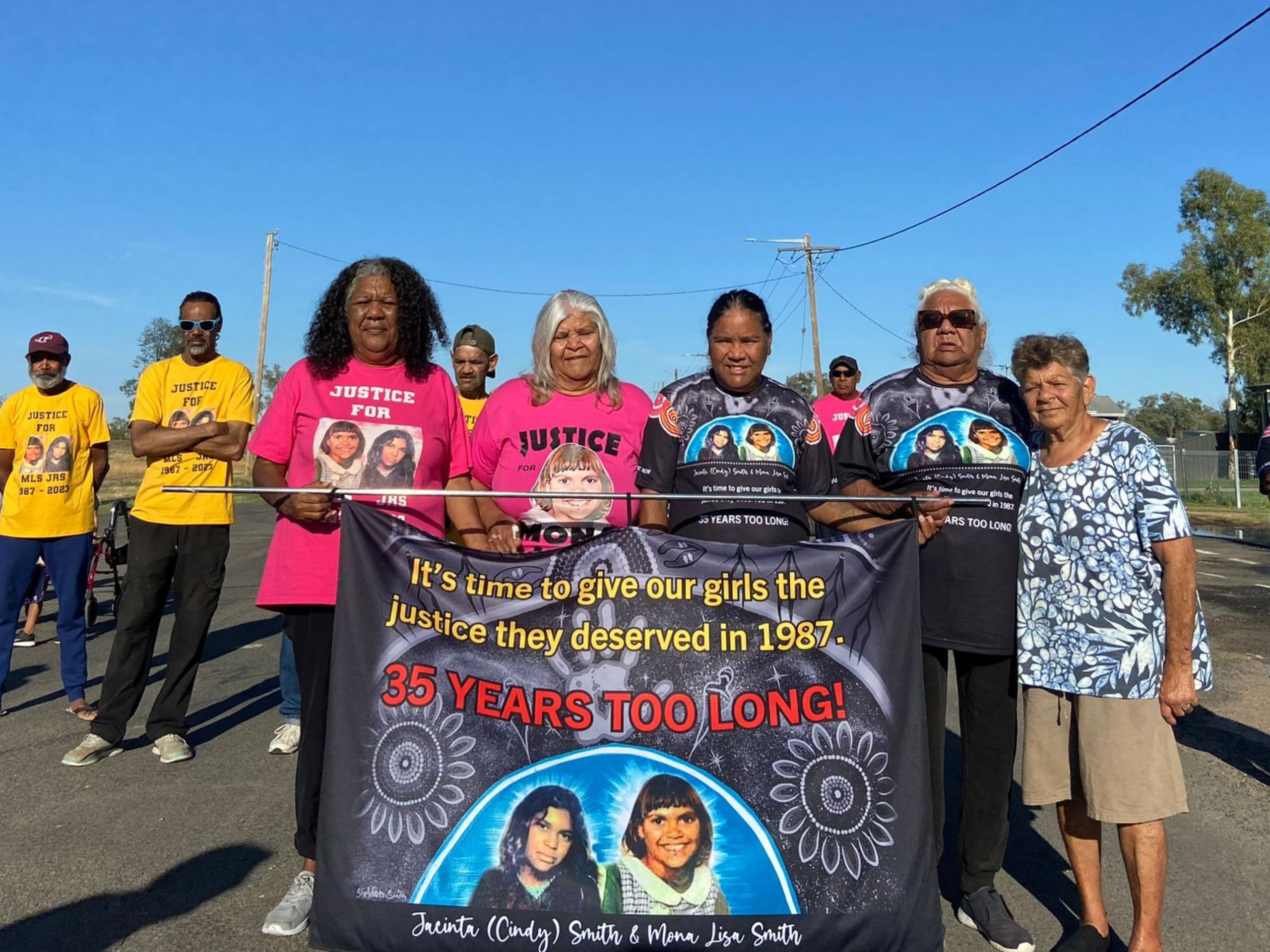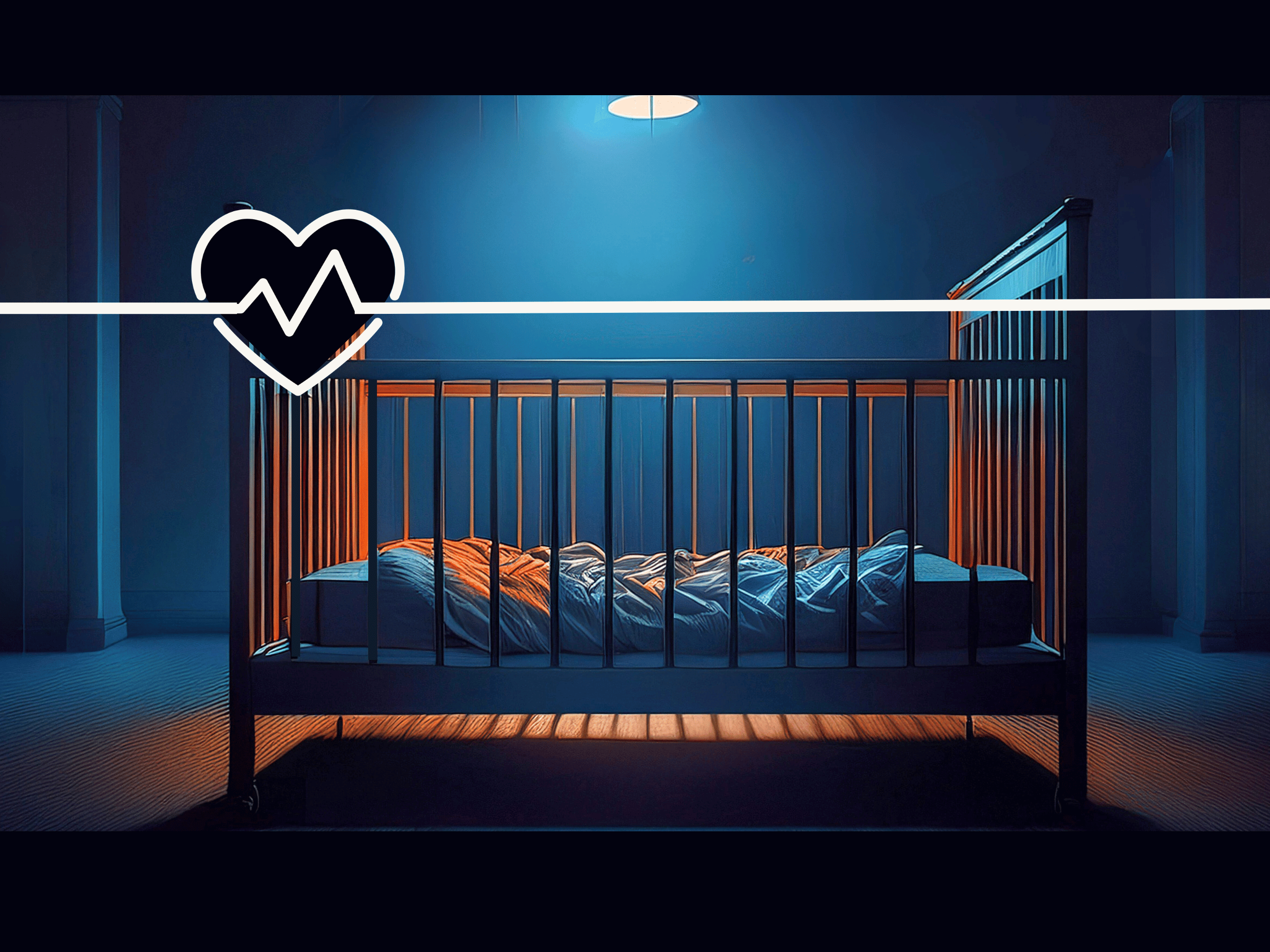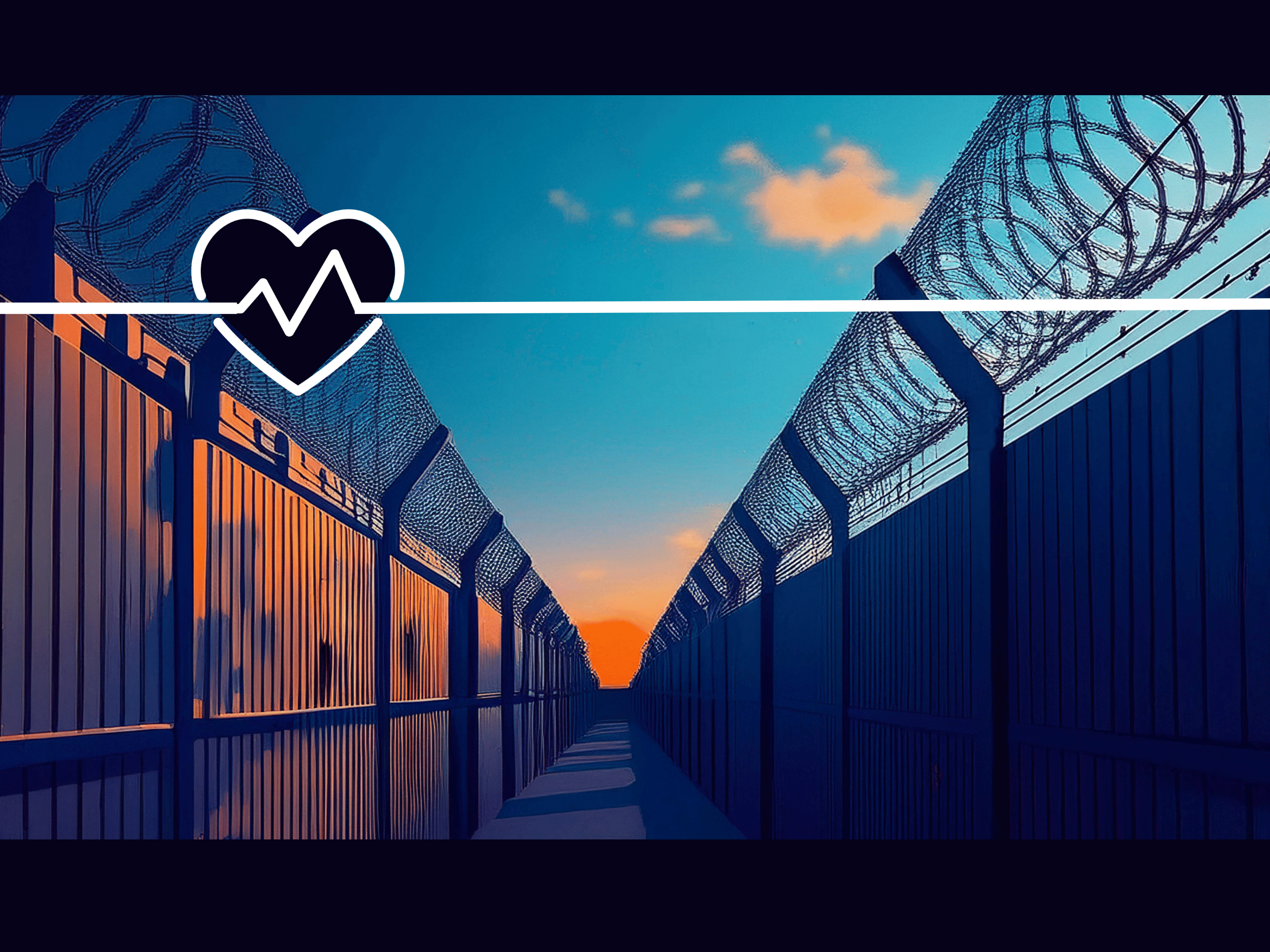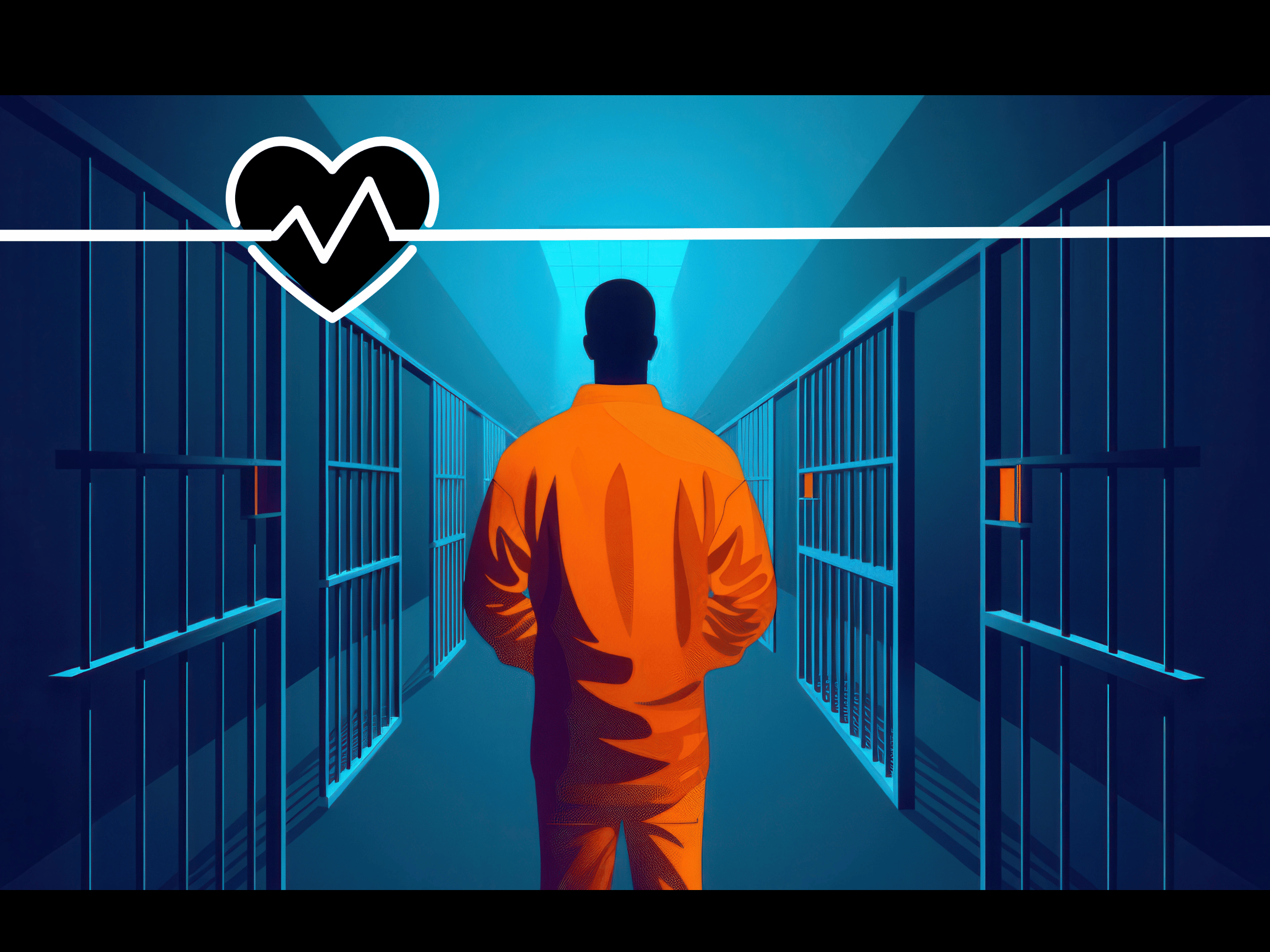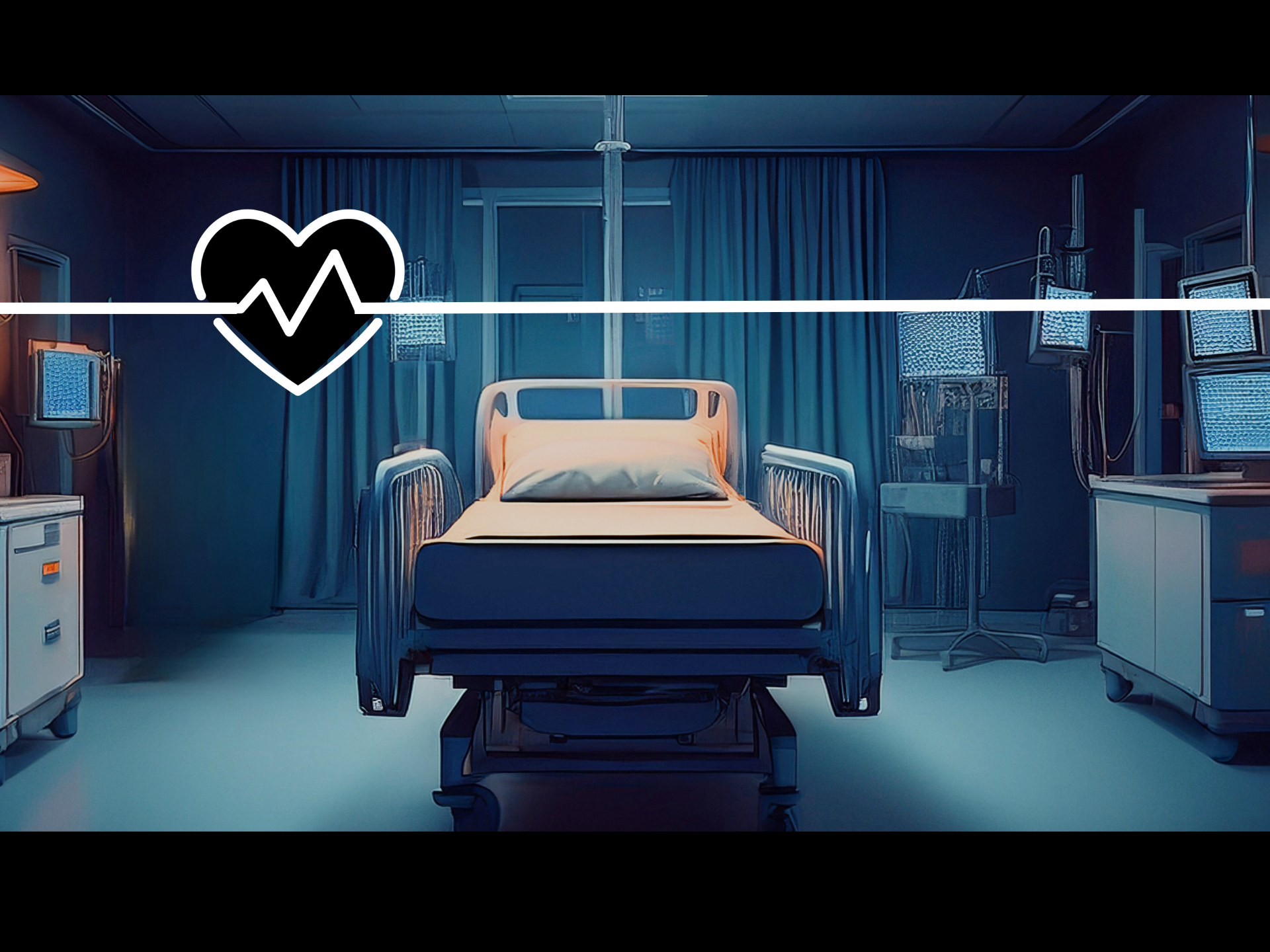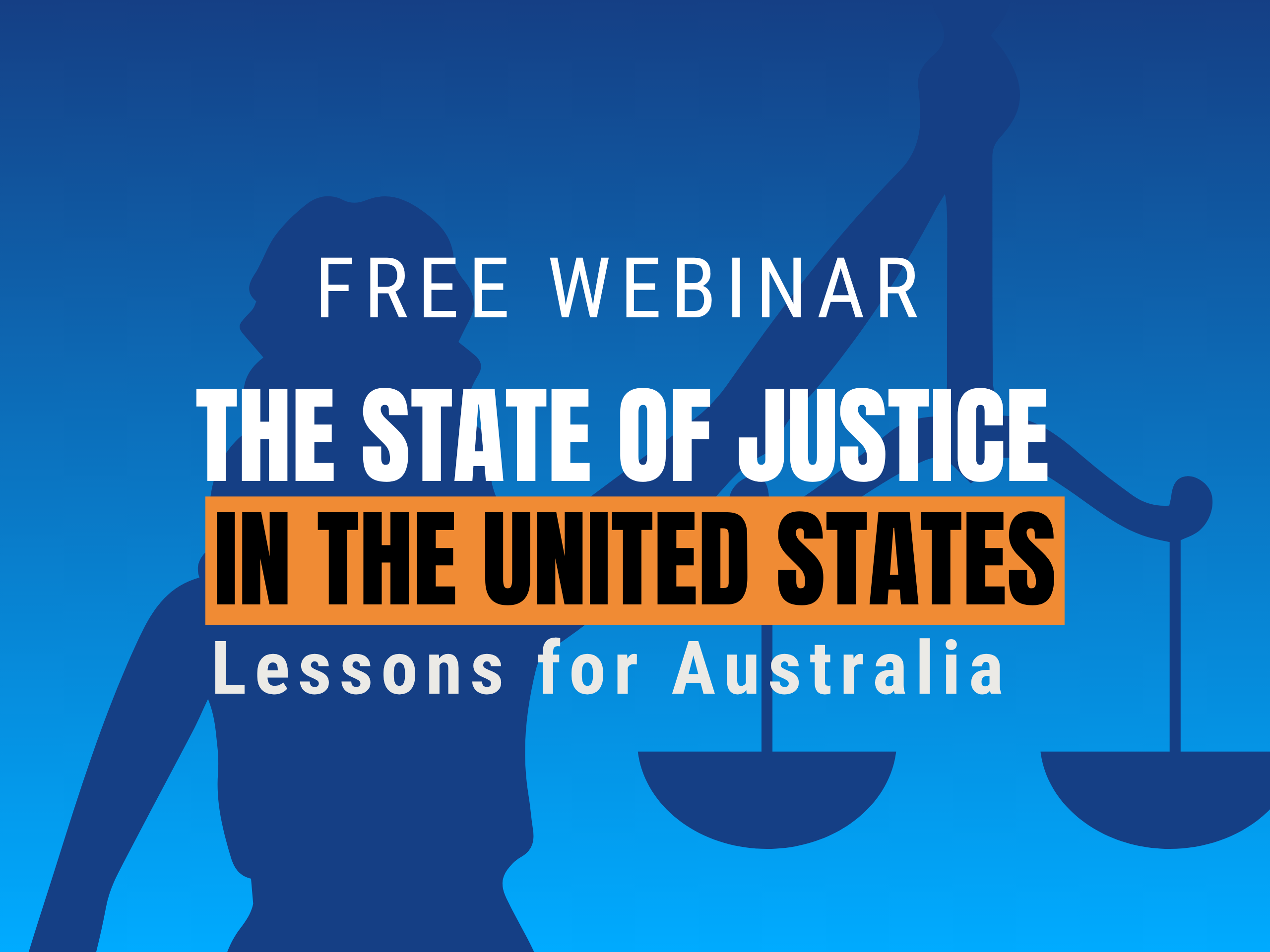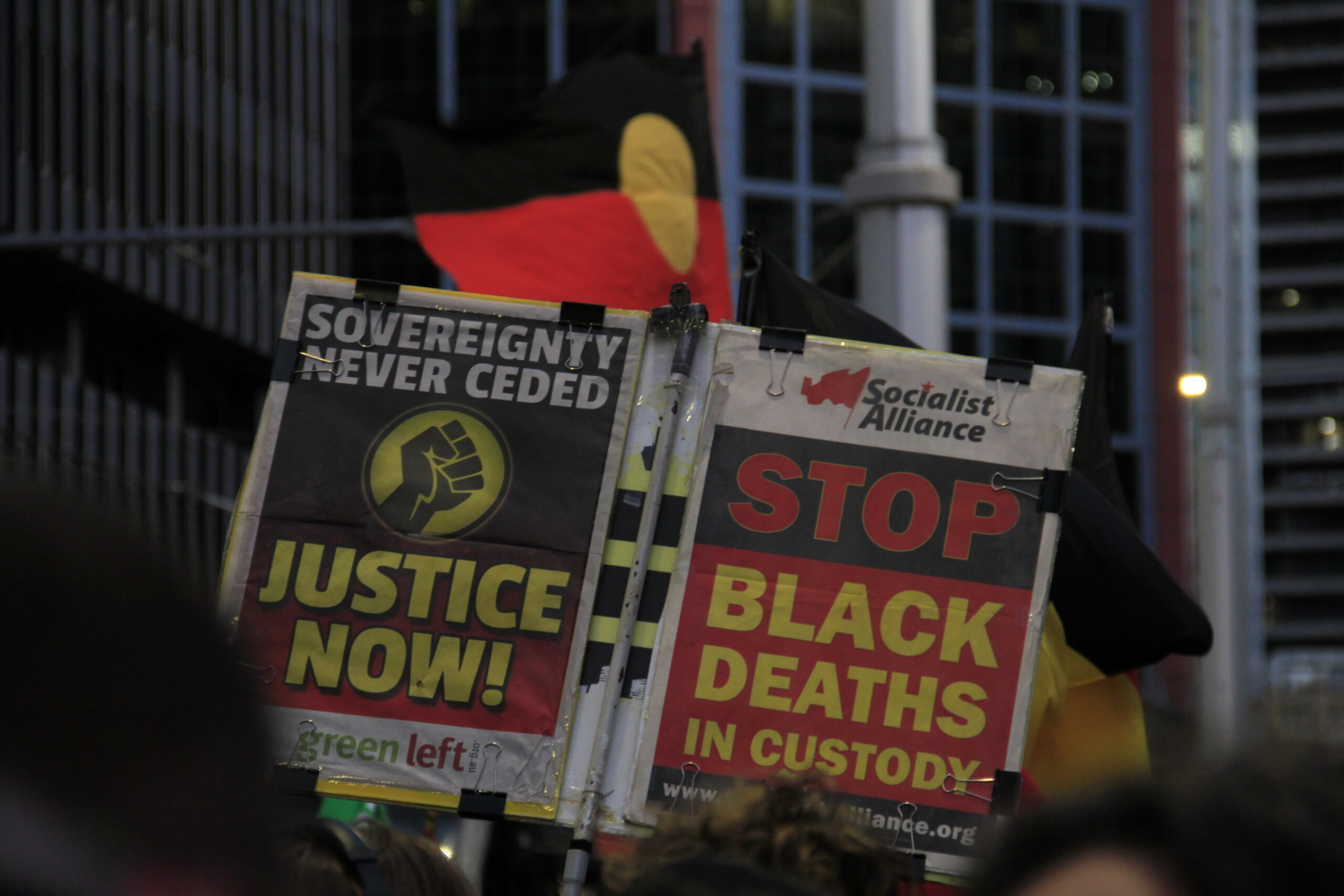Content Warning: Aboriginal and Torres Strait Islander readers are advised this story contains the image and name of a Kamilaroi-Dunghutti person who has passed away.
Everybody deserves access to quality healthcare, regardless of your background, identity, or personal circumstances. But far too often in Australia, people are denied access to healthcare simply because of the colour of their skin, their country of origin, or their personal situation.
Here, we take a look at the impact of discrimination in our hospitals and medical centres – and what we can do to achieve health justice.
What does health justice mean?
Health justice is not just about traditional forms of redress like compensation, coronial recommendations, and recognition – it is also about the need to dismantle laws, policies and structures that disempower First Nations people from participating in and accessing healthcare.
Asked ‘what is health justice’ in a digital roundtable on health justice beyond the courtroom, our Projects and Partnerships Manager, Ariane Dozer, told the audience that justice in healthcare “means being treated with dignity, it means equity, it means not being targeted or stereotyped or turned away.”
“Justice means respect, culturally-safe services, it means receiving care for health needs and not police violence. Justice means not being afraid to seek help.”
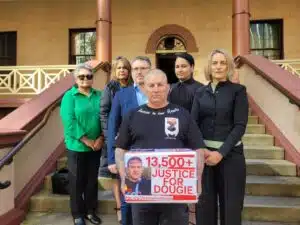
What impact does discrimination have on health?
Discrimination in healthcare can have life-long impacts, and it can even have tragic consequences.
On 14 August 2021, Kamilaroi-Dunghutti man Ricky “Dougie” Hampson, a father of eight, presented to Dubbo Hospital with ‘tearing’ and ‘popping’ sensations in his stomach, and less than 24 hours after he was discharged, Dougie was found deceased from perforated ulcers.
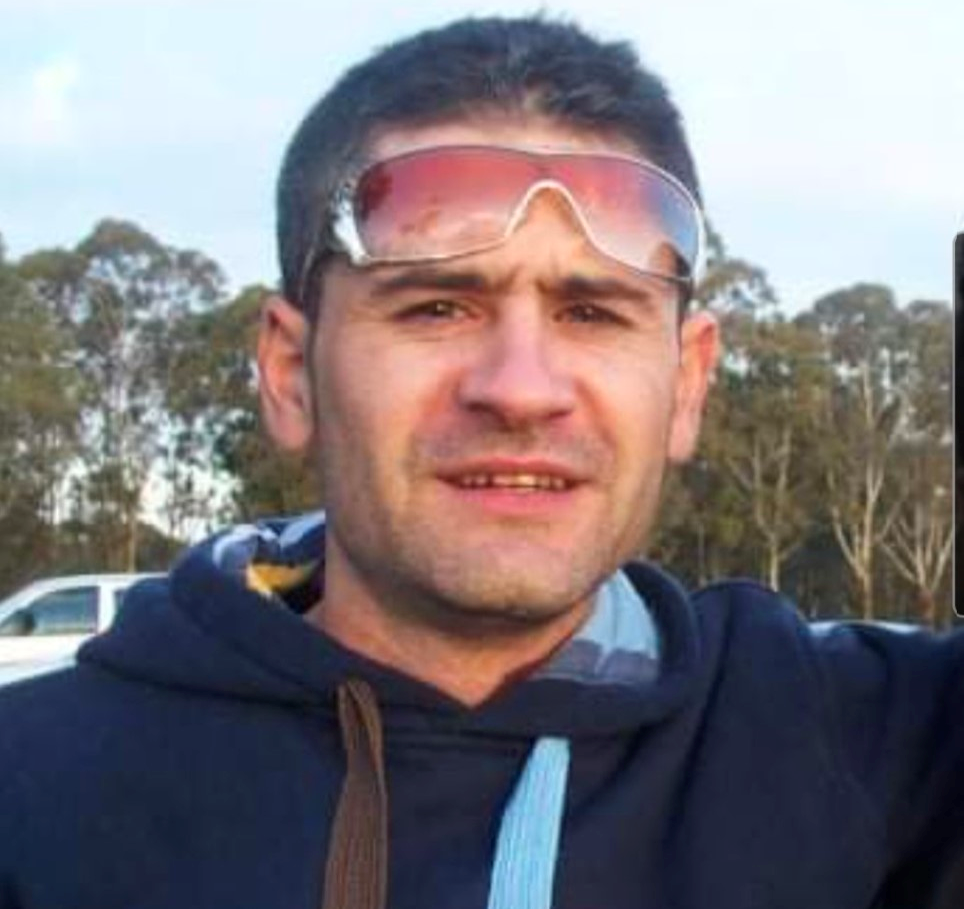
His family say that during the 18 hours he was in hospital, he was given inadequate care and discharged without any scans or review by senior doctors. His family believe prejudice influenced his treatment in his last hours.
We stood with Dougie’s family as they fought for more than one year to secure a coronial inquest into his death. When the coronial inquest was announced, they told us:
“Someone needs to be held to account – because there were a lot of things that went wrong. The hospital just ignored him, they judged him on his presentation and the way he looked.”
Sadly, there are many more cases like Dougie’s.
How can we secure health justice?
In a recent article for Meanjin, Professor Chelsea Watego, David Singh, George Newhouse, Helena Kajlich and Ricky Hampson Snr write:
“If we are to eradicate racism from our health system, there must be a preparedness to hold the health system properly accountable for the ongoing state of racial violence that takes place within it.”
Coronial inquests:
The National Justice Project works to hold government institutions to account by working with clients like the family of Dougie Hampson to uncover the truth through coronial inquests. Coronial inquests are an opportunity to examine not only the cause of death, but the individual and systemic decisions, processes, actions, and mistakes that caused it.
Coronial inquests can also result in recommendations to governments to help stop senseless deaths from discriminatory treatment in the future. Because of our work in the coronial inquest into the death of Wiradjuri woman Naomi Williams, the NSW Coroner found that bias was a factor leading to her death, and he made a range of recommendations to provide culturally-safe healthcare across NSW.
To support out work in using coronial inquests to achieve health justice, you can make a once-off donation or become a regular donor. This will help us represent many clients who are fighting for truth, justice and accountability.
Advocacy partnerships:
To achieve health justice, we need to work both inside and outside the courtroom. Together with our partner organisations in the Partnership for Justice in Health (P4JH), we’re advocating for systemic cultural and policy change to eliminate racism from our health and justice systems.
The partnership brings together First Nations academics, legal experts, and civil society organisations to improve Aboriginal and Torres Strait Islander health and justice outcomes. To stay up-to-date with P4JH’s work, subscribe to their mailing list or follow them on Twitter and Facebook.
What can we do to stop racism in hospitals?
In our submission to a NSW parliamentary inquiry into regional healthcare, we told the government that discrimination in healthcare can be addressed by strengthening the role of First Nations communities and organisations in delivering healthcare.
Our Projects and Partnerships Manager, Ariane Dozer, told ABC News that there are still racist attitudes among some health staff, despite the rollout of cultural sensitivity programs, awareness campaigns and training in hospitals.
The 14 recommendations we put to the NSW government would place First Nations expertise and experience at the heart of decision-making in our health system, so that Aboriginal communities can access culturally-safe healthcare whenever they are in need.
